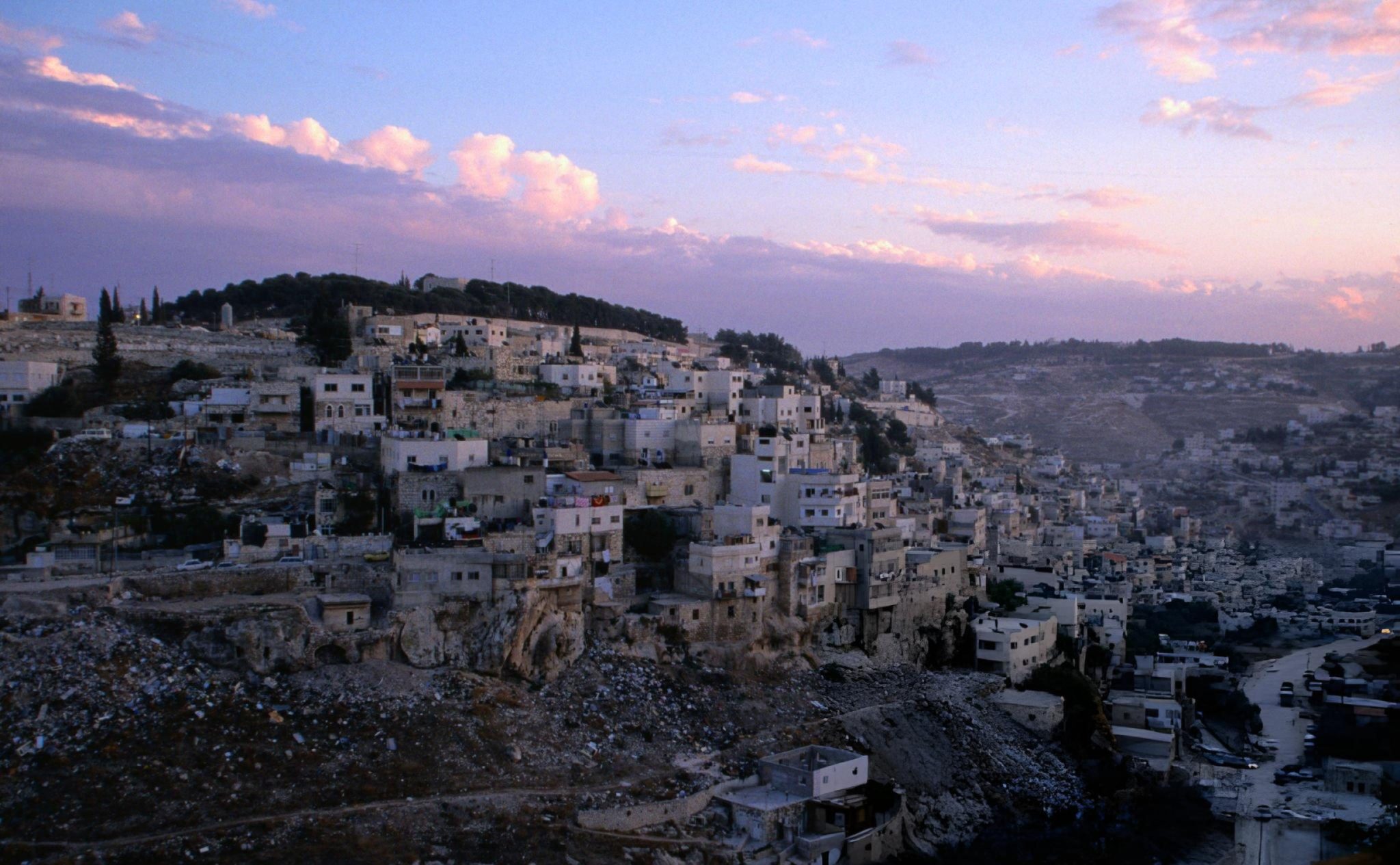The ongoing conflict between Israel and Gaza has intensified dramatically, with a new wave of attacks escalating the situation. This latest surge in violence has drawn international condemnation and calls for an end to the occupation, reflecting the deepening crisis and the urgent need for a resolution to the long-standing conflict. The recent escalation began with a series of intense airstrikes by Israel, aimed at targets within Gaza. These attacks have resulted in significant destruction and a rising death toll, further compounding the humanitarian crisis in the region. In response to the strikes, rocket fire from Gaza into Israeli territory has also increased, contributing to a cycle of retaliation and suffering on both sides. The impact of these hostilities on the civilian population is severe. In Gaza, the airstrikes have damaged homes, infrastructure, and essential services, exacerbating the already dire conditions faced by residents. The destruction has disrupted access to medical care, clean water, and electricity, leading to a deteriorating humanitarian situation.
The international community has expressed concern over the high number of civilian casualties and the broader implications of the conflict for the region’s stability. The situation has prompted a renewed call for Israel to end its occupation of Palestinian territories. International organizations and human rights groups have urged Israel to halt its military actions and address the underlying issues of the conflict, including the occupation of Palestinian land. The call for an end to the occupation is rooted in the long-standing demand for a just and lasting resolution to the Israeli-Palestinian conflict, which has been marked by decades of tension, violence, and failed peace efforts. The occupation of Palestinian territories, including the West Bank and Gaza Strip, has been a central issue in the conflict.
The expansion of Israeli settlements in the West Bank and the blockade of Gaza have contributed to ongoing friction and violence. The international community, including the United Nations, has repeatedly called for Israel to comply with international law and to seek a negotiated solution to the conflict. The latest wave of attacks has intensified calls for an immediate ceasefire and a return to negotiations. The international community has been vocal in its demands for both sides to de-escalate the violence and engage in meaningful dialogue. Efforts to broker a ceasefire have been complicated by the entrenched positions of both sides and the deep-rooted grievances that drive the conflict. For the people of Gaza, the current escalation has added to the already overwhelming challenges they face. The region has been grappling with a prolonged humanitarian crisis, marked by high levels of poverty, unemployment, and limited access to basic services. The repeated cycles of violence have further strained the capacity of humanitarian organizations to provide aid and support to those in need. The human cost of the conflict is evident in the rising number of casualties and the impact on families and communities. Each escalation in violence brings with it the risk of further loss of life and suffering.
The international community has called for restraint and for measures to protect civilians and prevent further escalation. Efforts to address the root causes of the conflict remain crucial. The broader issues of territorial disputes, the status of Jerusalem, and the rights of Palestinian refugees are central to achieving a sustainable peace. Addressing these issues requires a commitment from both sides to engage in negotiations and seek a resolution that respects the rights and aspirations of both Israelis and Palestinians. The conflict has also drawn attention to the role of regional and global powers in influencing the situation. Various countries and organizations have taken different stances on the conflict, with some providing support to one side and others advocating for a balanced approach.
The involvement of external actors can impact the dynamics of the conflict and the prospects for a peaceful resolution. In conclusion, the escalation of violence between Israel and Gaza underscores the urgent need for a resolution to the conflict. The wave of attacks has exacerbated the humanitarian crisis and drawn renewed calls for an end to the occupation. The international community’s role in facilitating dialogue and seeking a just solution remains crucial. Addressing the root causes of the conflict and ensuring the protection of civilians are essential steps toward achieving lasting peace and stability in the region.







